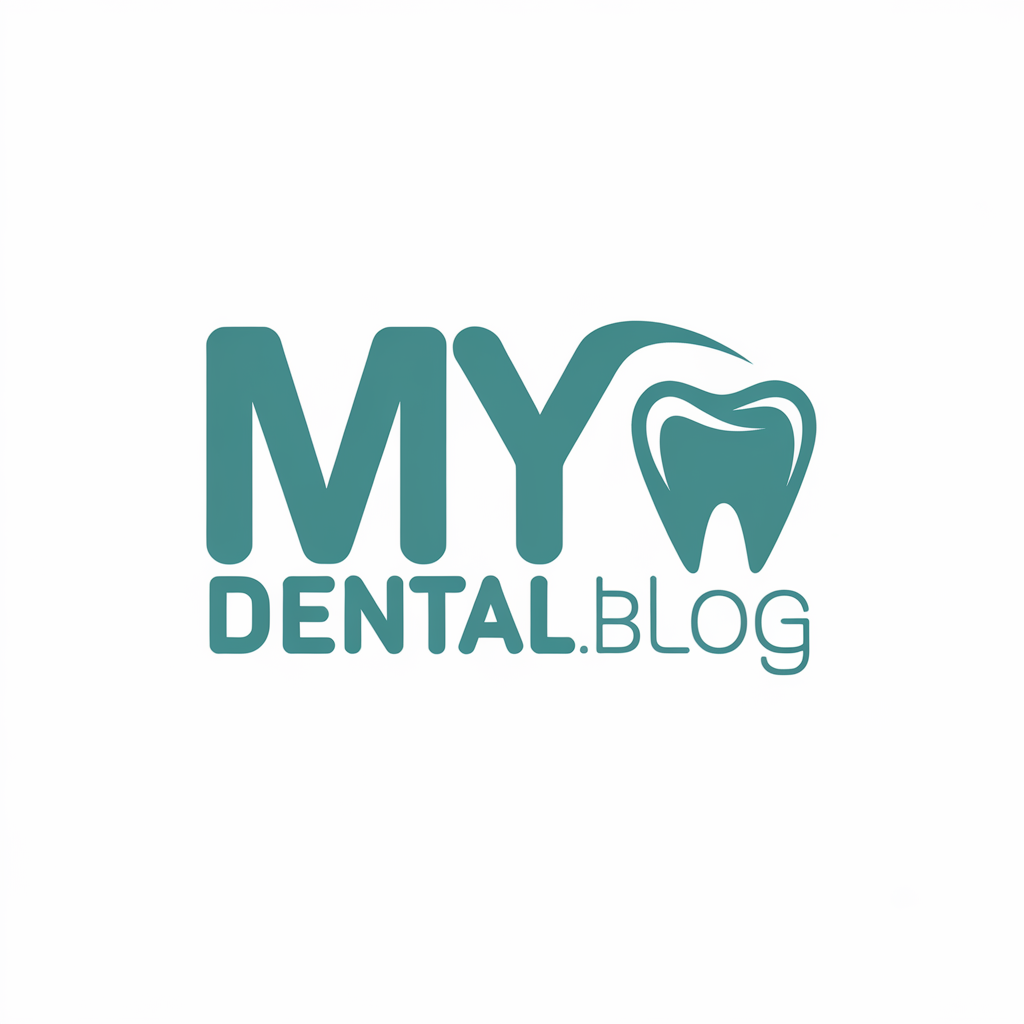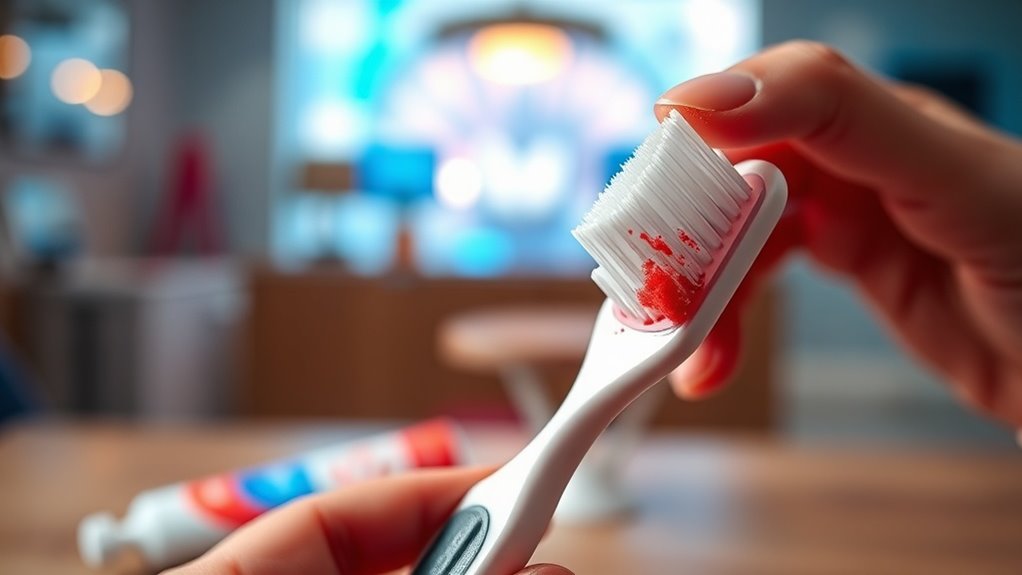Your Toothpaste Might Be RUINING Your Enamel – Here’s Why!
You brush your teeth twice daily with your trusted toothpaste, yet you might be causing more harm than good. While dental hygiene is crucial, many popular toothpaste brands contain harsh ingredients that gradually wear down your protective enamel layer. From aggressive whitening compounds to harmful abrasives, these hidden culprits in your daily routine could be setting you up for long-term dental problems. Let’s uncover what’s really happening every time you squeeze that tube.
The Hidden Dangers in Popular Toothpaste Brands
Although most people trust their preferred toothpaste brands, many popular products contain ingredients that can damage tooth enamel over time.
You’ll find harsh abrasives like hydrated silica and calcium carbonate that can gradually wear down your enamel’s protective layer, especially if you’re brushing aggressively.
What’s even more concerning is that some whitening toothpaste formulations use high concentrations of hydrogen peroxide and other bleaching agents.
While these ingredients promise a brighter smile, they’re actually weakening your enamel through repeated chemical exposure. You’re essentially trading long-term dental health for short-term cosmetic benefits.
Don’t let marketing claims fool you – that “advanced protection” toothpaste might be causing more enamel damage than you realize.
Check your toothpaste’s ingredients list for sodium lauryl sulfate (SLS), titanium dioxide, and triclosan.
These common additives can disrupt your mouth’s natural pH balance and contribute to enamel erosion over time. Additionally, some of these ingredients can trigger increased tooth sensitivity and irritation, making it crucial to choose your toothpaste wisely.
Understanding Tooth Enamel and Its Importance
To protect your teeth from harmful ingredients, you first need to understand what you’re trying to preserve. Your tooth enamel is the hardest substance in your body – even stronger than bone. This remarkable outer layer shields your teeth from daily wear, temperature changes, and chemical attacks.
Think of enamel as your teeth’s advanced armor system, composed of tightly packed hydroxyapatite crystals that create an almost impenetrable barrier. Once it’s damaged, your body can’t regenerate it, making preservation crucial. When enamel erodes, your teeth become sensitive and vulnerable to decay.
Your enamel’s strength comes from its unique mineral composition: 96% minerals, primarily calcium phosphate. This crystalline structure gives it exceptional hardness but also makes it susceptible to acid erosion. Adequate levels of vitamin D are vital for enhancing calcium absorption, which supports enamel health and resilience.
Modern diets and aggressive oral care products can gradually wear down this protective layer, which is why choosing the right toothpaste is essential for maintaining your enamel’s integrity.
Warning Signs of Enamel Erosion From Toothpaste
How can you tell if your toothpaste is damaging your tooth enamel? Watch for increased tooth sensitivity, especially when consuming hot, cold, or sweet items. Your teeth might develop a yellowish or grayish tint as the enamel thins, exposing the darker dentin beneath.
You’ll also notice your teeth becoming increasingly transparent near the edges. Run your tongue across your teeth – if they feel rough or pitted instead of smooth, that’s a red flag. Your teeth may develop visible indentations or cupping, particularly on the chewing surfaces.
Another warning sign is teeth that appear flatter or shorter than before, indicating wear from aggressive brushing with abrasive toothpaste. Additionally, frequent use of highly abrasive toothpaste can lead to enamel erosion, which makes your teeth more vulnerable to sensitivity and cavities.
If you’re experiencing these symptoms, switch to a low-abrasive toothpaste immediately. Look for products with an RDA (Relative Dentin Abrasivity) value under 70, and consider using an electric toothbrush with pressure sensors to prevent overbrushing.
Safe Alternatives and Natural Toothpaste Options
When seeking gentler alternatives to commercial toothpaste, you’ll find several natural options that can effectively clean teeth while protecting enamel.
Try mineral-rich bentonite clay toothpaste, which helps remineralize teeth and contains natural antibacterial properties. Coconut oil-based formulas with essential oils like tea tree and peppermint offer antimicrobial benefits without harsh abrasives.
You can also create your own toothpaste using baking soda mixed with coconut oil and a few drops of food-grade essential oils. Natural enzymatic cleaners derived from papaya and pineapple enzymes provide gentle yet effective cleaning power.
Look for products containing xylitol, a natural sweetener that helps prevent cavity-causing bacteria. For sensitive teeth, consider toothpaste containing nano-hydroxyapatite, a biocompatible material that rebuilds enamel naturally. Additionally, avoiding Triclosan in toothpaste is essential for reducing health risks associated with certain ingredients.
These alternatives avoid potentially harmful ingredients like SLS, artificial sweeteners, and excessive abrasives while maintaining optimal oral health.
Expert Tips for Protecting Your Enamel Daily
Dental professionals recommend several key practices to safeguard your enamel throughout the day. You’ll want to adopt these science-backed strategies to maintain your teeth’s protective layer while embracing modern oral care innovations.
| Action | Benefit |
|---|---|
| Wait 30 minutes after acidic foods | Prevents brushing-induced erosion |
| Use a smart toothbrush timer | Ensures optimal cleaning duration |
| Rinse with alkaline water | Neutralizes harmful acid levels |
Beyond standard brushing and flossing, you’ll need to consider your daily habits. Don’t brush immediately after vomiting or acid reflux episodes – instead, rinse with baking soda water. Switch to a soft-bristled brush and use gentle, circular motions rather than aggressive scrubbing. Monitor your enamel’s condition with specialized apps that track sensitivity patterns and erosion spots. For enhanced protection, integrate remineralizing treatments into your nighttime routine, especially if you’re prone to grinding or clenching. Additionally, be aware that frequent consumption of acidic beverages can significantly contribute to enamel erosion over time.




